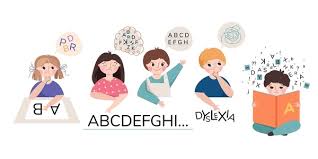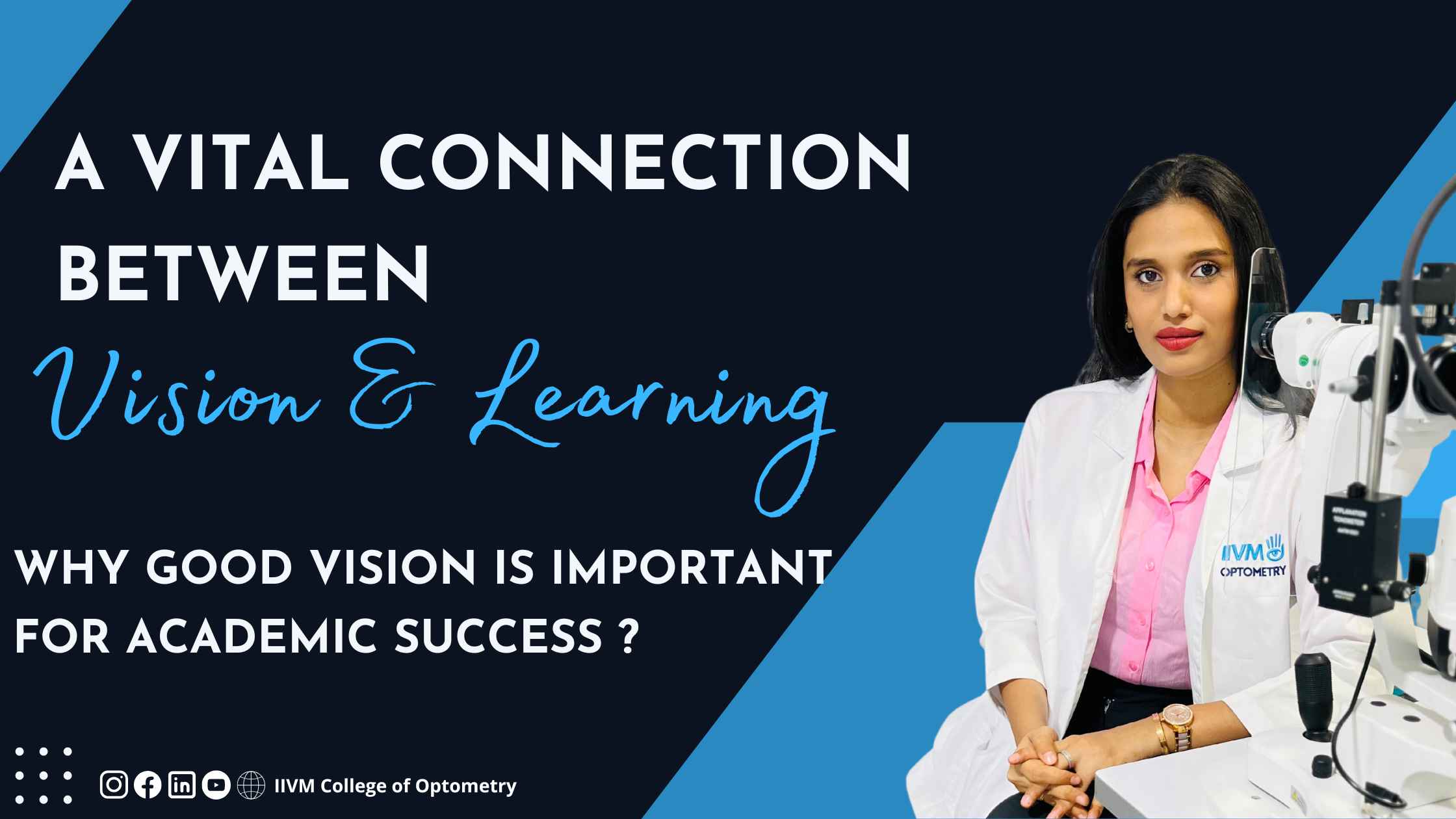Vital connection between vision and learning
Vision plays a crucial role in a child's academic success, as poor eyesight can impact learning, reading, and overall performance in school. In fact, undiagnosed vision problems are often mistaken for learning disabilities or behavioral issues, making it essential for parents and educators to recognize the signs of vision problems early on.
80% of learning is visual—clear vision is key to unlocking a student’s potential
Optometrists are key in diagnosing and treating visual issues that can affect a child’s ability to learn. Conditions such as lazy eye (amblyopia), strabismus (crossed eyes), and refractive errors like nearsightedness can significantly impair a child’s ability to read, write, and participate in classroom activities. These issues can also lead to eye strain, headaches, and difficulty concentrating, which may affect academic progress.
Regular eye exams are crucial for children, especially those entering school. Optometrists not only check for common vision issues but also evaluate how well a child’s eyes work together, ensuring they can focus on reading materials and process visual information efficiently. Early detection and intervention can help correct these problems, preventing future learning difficulties.

By addressing vision problems, optometrists can support children’s academic achievement, ensuring they have the best possible foundation for success in school and beyond.


